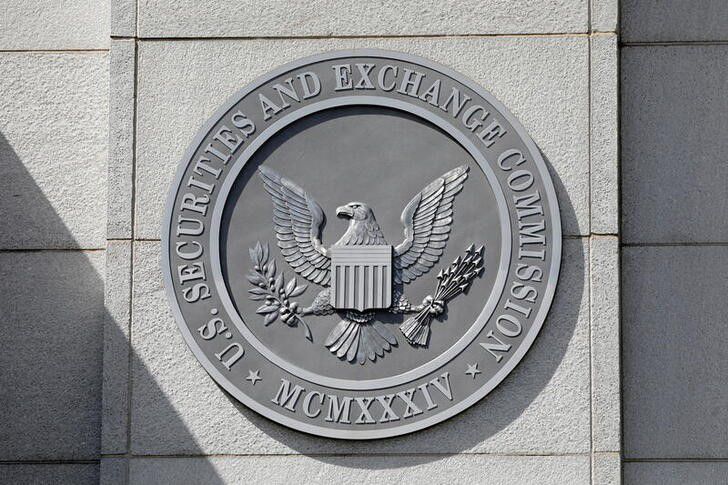Changing the Game: SEC Brings Enforcement Action for Exchanging Annuities

On Monday, May 25, 2022, the U.S. Securities and Exchange Commission issued an Order Instituting Administrative and Cease-And-Desist Proceedings (“Order”) against RiverSource Distributors, Inc. (“RDI”) with respect to exchanges it made with existing customers between January 2017 and May 2018 of variable annuities. The exchanges were marketed and sold through RDI’s affiliate, Ameriprise Financial Services, LLC (“Ameriprise”), and the annuities involved were issued by RiverSource Life Insurance Company, a wholly-owned subsidiary of Ameriprise. As the SEC asserts in the Order: Variable annuities are complex securities pursuant to which customers enter into long-term contracts with an issuing company like RiverSource Life. Variable annuities entitle customers to certain payments depending on the terms of the contract and performance of an underlying portfolio of securities. Variable annuities often have surrender periods, before the end of which customers must pay a fee for selling or exchanging their annuity contract.
Due to the complexity of variable annuities and the potential for fee-generation by sales representatives, Section 11 of the Investment Company Act of 1940 (the “1940 ACT”) prohibits any principal underwriter of a registered investment trust, including variable annuities, from exchanging any of those securities unless the terms of the exchange offer have been approved by the Commission (there are limited exceptions, none of which applied here). Needless to say, neither RDI nor Ameriprise sought SEC blessing for the exchanges that were the subject of the Order. The violations were initially identified by RDI’s Compliance Department in Spring 2018, perhaps due to fees generated by the exchange program exceeding $1 billion in each of 2017 and 2018. At some point thereafter, RDI approached the Commission and offered a settlement. The SEC accepted the offer, and in the resulting Order censured RDI and imposed a civil penalty of $5 million. In addition, as is usual in such settlements, RDI agreed not to argue, in any customer civil action against RDI, that the civil penalty should be taken into account to reduce its net liability to a customer.
This action is unique in that never before has the SEC sought enforcement for violations of Section 11 of the 1940 Act, even after 82 years on the books. This is unusual, as there have been other regulatory and civil lawsuits involving variable annuities over the years, particularly since 1959, and the U.S. Supreme Court held in SEC v. Variable Annuity Life Ins. Co. that variable annuities ARE securities and must be registered with the Commission. Also, there have been prior occasions when insurance companies sought to enhance profits by convincing policyholders to exchange existing insurance policies for more expensive ones. See, for example, the litigation brought on behalf of eight million policy holders of Prudential Life Insurance Co. in 1997 (U.S. District Court victory affirmed in 1998 in the 3rd Circuit Court of Appeals), resulting in a settlement of about $2 billion; and similar litigation brought by three million policy holders of Metropolitan Life Insurance Company in the Federal Court for the Western District of Pennsylvania in 1999. Hence, it is strange that this action against RDI should be the first ever brought under Section 11 of the 1940 Act.
Another matter of note is where the name “Ameriprise” originates. An investment and financial services complex began in Minneapolis in the latter half of the 19th century, after the Civil War and the economic growth of agriculture in the upper Midwest. That complex eventually evolved into Investor Diversified Services (“IDS”) and included a large family of mutual funds. Minneapolis became an important stop on so-called “Road Shows” for public offerings (as your author was aware from his work as a securities lawyer on Wall Street in the late ‘60’s and early ‘70’s). By the 1980’s, the notion of financial conglomerates became fashionable. For example, in 1981 Sears, Roebuck and Company (itself originating in Minneapolis, but by then headquartered in Chicago) bought the investment bank and broker/dealer Dean Witter and Company and the real estate broker Coldwell Banker, leading to the famed sobriquet for Sears of “Socks and Stocks.” Not to be outdone, in 1984 American Express, Inc. (“AmEx”) bought IDS. AmEx changed the name of the investment complex to Ameriprise Financial, and after recurring management and profitability issues, spun it off as a separate publicly owned company in September 2005. Over the years Ameriprise has had its own recurring series of lawsuits and regulatory sanctions, particularly related to pension investment management. And one may safely say that financial conglomerates have generally faded from the marketplace. But something involving “Ameriprise” does bring one back.
If you have any questions about this post or any other related securities or general business law matters, please feel free to contact me at pdhutcheon@norris-law.com.




